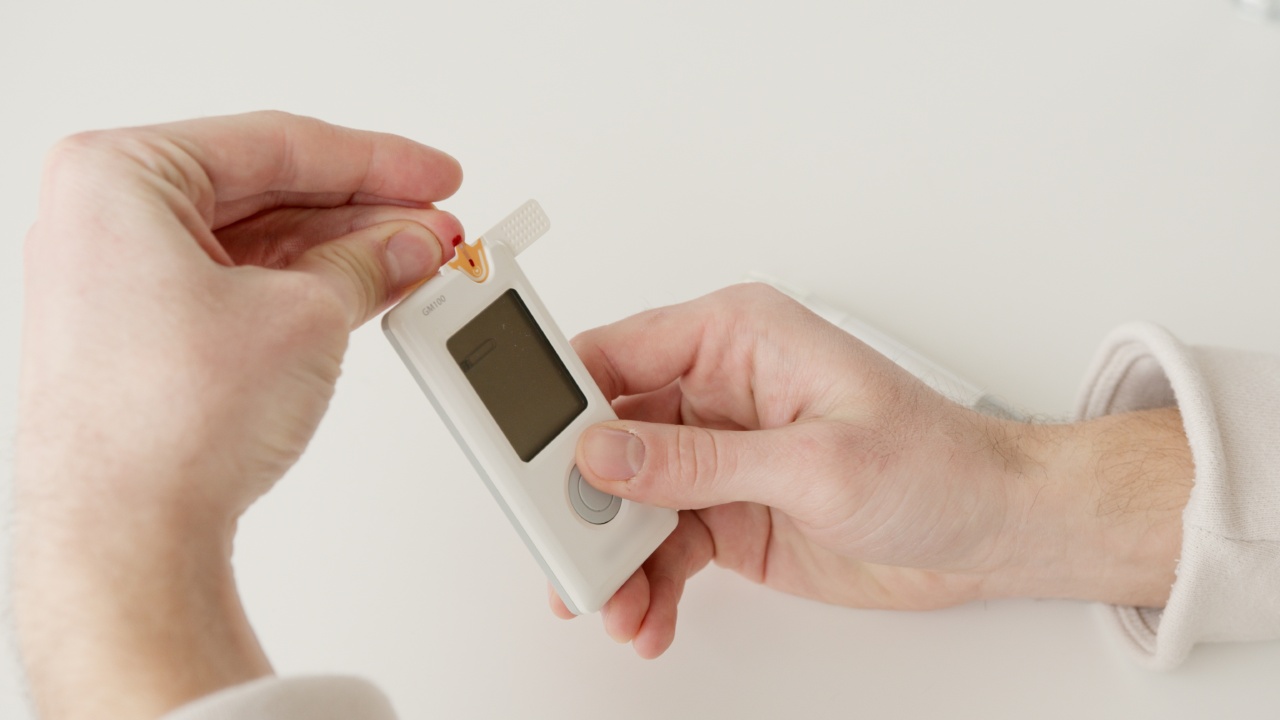Fasting blood sugar levels are important for people to know and understand, especially those who have diabetes.
Fasting blood sugar is a measure of the amount of glucose in the bloodstream after not having anything to eat or drink, other than water, for at least eight hours.
The body needs glucose for energy and usually obtains it from food.
But when a person fasts or doesn’t eat anything for a while, their body needs to break down stored glucose, or glycogen, to maintain a steady supply of glucose to the cells, which need it to function properly. The liver is responsible for producing glucose when needed.
When glucose enters the bloodstream, the hormone insulin helps the cells absorb it and convert it into energy.
However, in people with diabetes, the body cannot use insulin properly, which causes a buildup of glucose in the bloodstream, leading to high blood sugar levels, also known as hyperglycemia.
Why is fasting blood sugar important?
Knowing one’s fasting blood sugar levels is essential to managing and preventing diabetes.
A fasting blood sugar test can provide information about a person’s blood sugar levels, how well their body is processing glucose, and how much insulin their body is producing. It can also tell doctors if a person is at risk of developing diabetes or if they already have it.
People with diabetes should monitor their fasting blood sugar levels regularly to make sure their glucose levels are within the target range.
The American Diabetes Association recommends a target range of 80-130 mg/dL (milligrams per deciliter) before meals and less than 180 mg/dL two hours after meals. These targets may vary depending on the individual’s age, health status, and type of diabetes.
How is fasting blood sugar measured?
A fasting blood sugar test can be done at a medical center or a lab. The test involves taking a sample of blood from a vein in the arm. The person will be asked not to eat or drink anything, other than water, for at least eight hours before the test.
In some cases, a healthcare provider may request a fasting blood sugar test after a person drinks a sugary drink to see how their body processes glucose.
People with diabetes can monitor their fasting blood sugar levels at home with a blood glucose monitor. This device uses a small drop of blood from the finger and provides a reading of the blood sugar level in mg/dL.
It is important to follow the manufacturer’s instructions when using a blood glucose monitor and to test at the recommended frequency.
Factors that affect fasting blood sugar levels
Several factors can affect fasting blood sugar levels, including:.
- Diet: Eating foods that are high in carbohydrates, sugars, and fat can cause blood sugar levels to spike and remain elevated.
- Physical activity: Exercise can lower blood sugar levels as the muscles use glucose for energy.
- Stress: Stress can increase cortisol levels, which can raise blood sugar levels.
- Sleep quality: Poor sleep quality can affect blood sugar levels in people with diabetes, making it harder to control their glucose levels.
- Medications: Some medications, such as steroids and certain antidepressants, can affect blood sugar levels.
What does high fasting blood sugar indicate?
A high fasting blood sugar level usually indicates that the body is not processing glucose properly, which can be a sign of prediabetes or diabetes.
If the fasting blood sugar level is above 126 mg/dL on two separate occasions, diabetes may be diagnosed.
Untreated high blood sugar levels can lead to several complications, including nerve damage, kidney damage, blindness, heart disease, stroke, and amputation.
It is essential to work with a healthcare provider to manage high fasting blood sugar levels and prevent complications.
Conclusion
Understanding fasting blood sugar, its importance, and how it affects the body is critical, especially for people with diabetes.
Monitoring fasting blood sugar levels regularly, following a healthy diet and exercise regimen, taking medications as prescribed, and working with a healthcare provider can help manage and prevent complications of diabetes.































